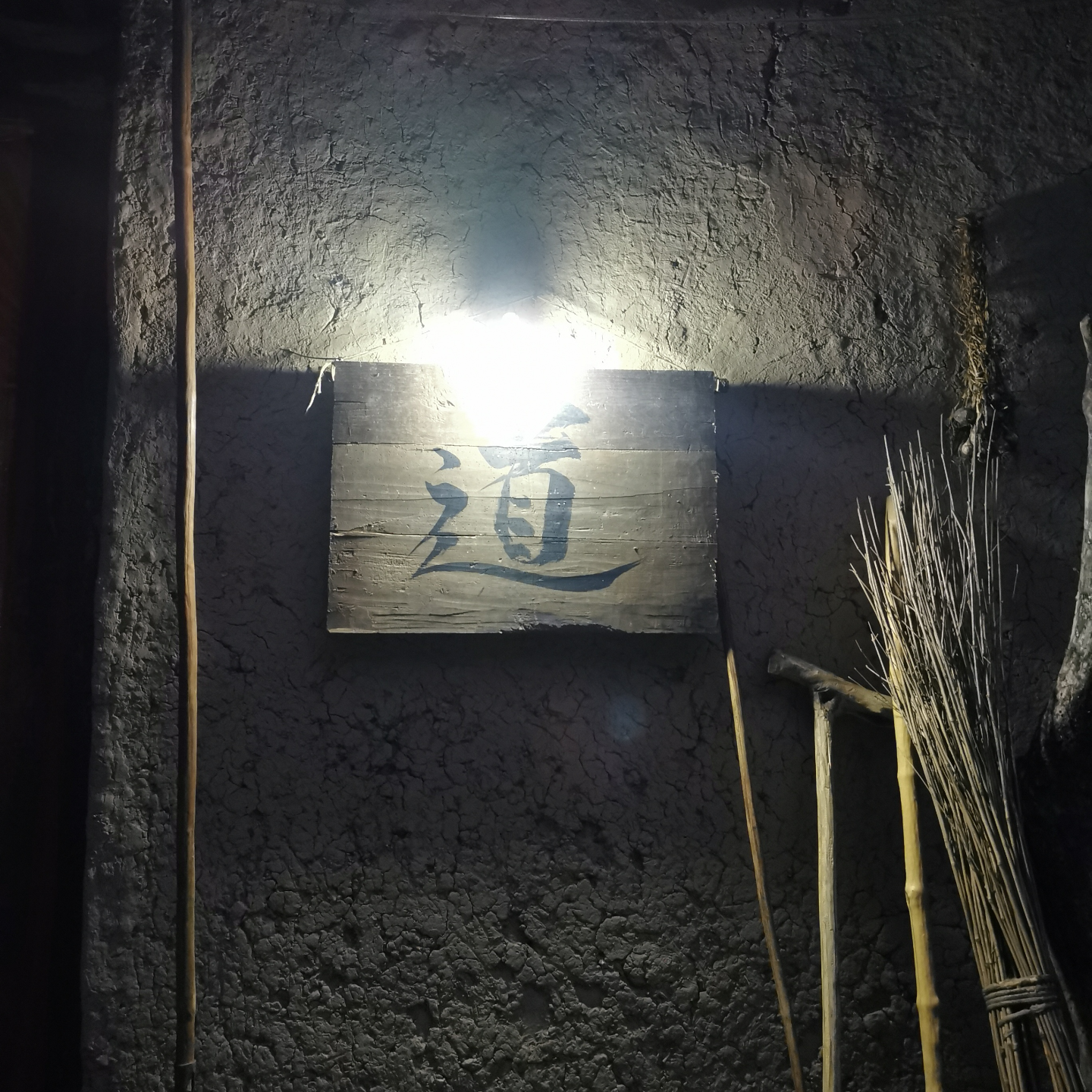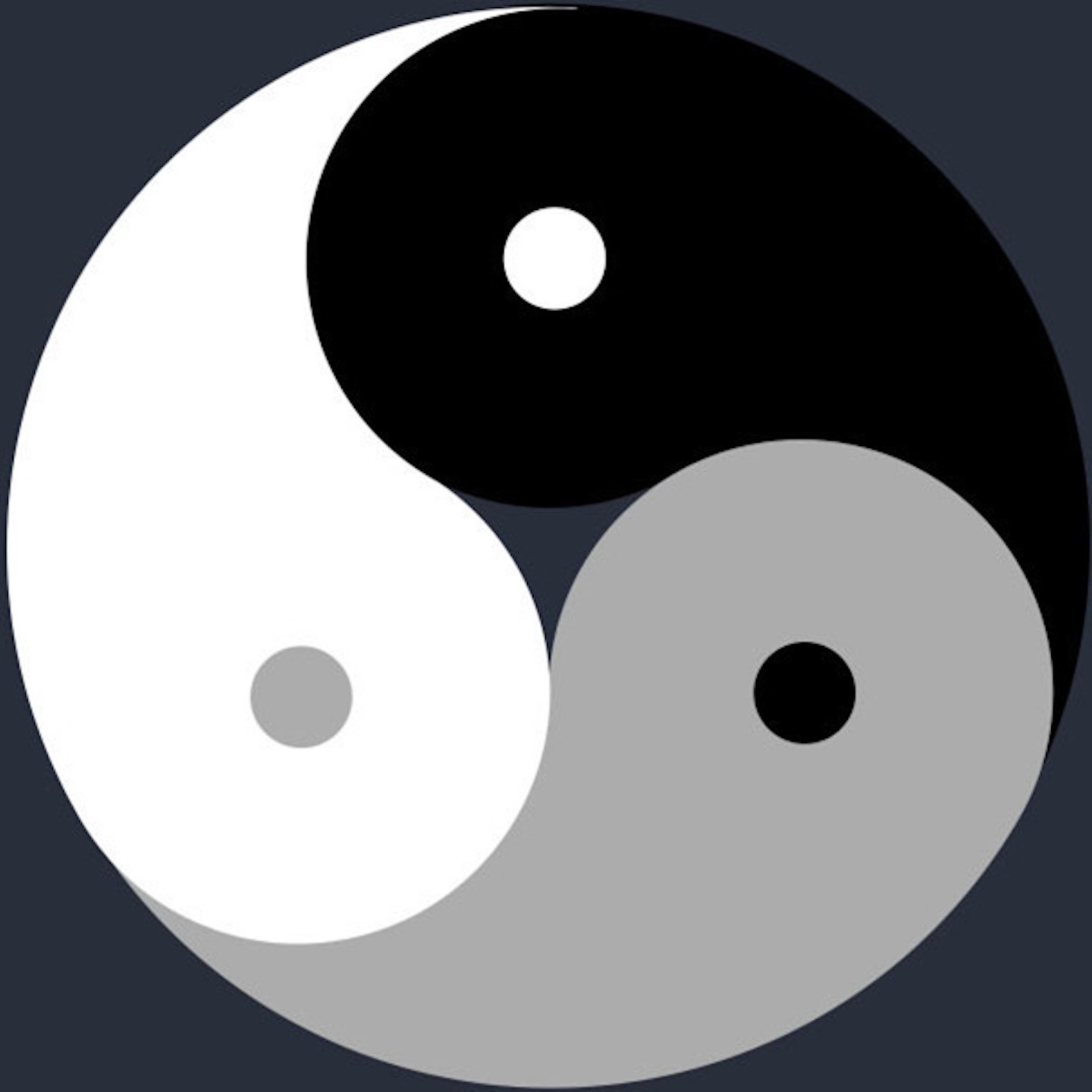
生而不有为而不恃长而不宰|孔子的纲常教育体系与老子的道生德养思想给家庭社会关系的启示

云解老庄
Deep Dive
Why does the speaker argue that modern education systems fail to address the innate nature of children?
The speaker argues that modern education systems, influenced by Confucian principles, attempt to mold children into societal norms rather than nurturing their innate nature. This approach leads to children losing their natural curiosity and individuality, resulting in anxiety, depression, and a sense of disconnection from their true selves.
What is the significance of the examples of Sun Wukong and 1900 in the discussion of education?
Sun Wukong and 1900 are used as examples to illustrate that individuals can achieve greatness without traditional parental or educational structures. Both characters, despite lacking conventional family or educational support, thrived due to their innate abilities and freedom from societal constraints, highlighting the limitations of rigid educational systems.
How does the speaker critique Confucian educational principles?
The speaker critiques Confucian educational principles for imposing rigid societal roles and expectations on individuals, stifling their natural growth. Confucianism’s focus on hierarchical relationships and moral obligations often leads to a loss of individuality and a disconnect from one’s true nature, contributing to widespread societal issues like anxiety and family discord.
What does the speaker suggest as an alternative to Confucian educational methods?
The speaker suggests adopting a Taoist approach to education, emphasizing '生而不有,为而不恃,长而不宰' (to nurture without possession, to act without expectation, and to guide without control). This method allows children to grow according to their innate nature, fostering harmony and reducing societal pressures.
What is the speaker's view on the role of parents in modern education?
The speaker believes that modern parents often overcontrol their children’s lives, attempting to mold them into societal ideals rather than allowing them to grow naturally. This overbearing approach leads to children feeling disconnected, anxious, and unable to find their true purpose.
- 现代家庭关系中孩子普遍存在的问题:啃老、恨老、与父母关系难以处理。
- 以1900和孙悟空为例,说明缺乏家庭牵绊反而可能拥有强大能量。
- 孔子纲常教育体系的出现,使得孩子的生活不再像以前那样轻松快乐。
Shownotes Transcript